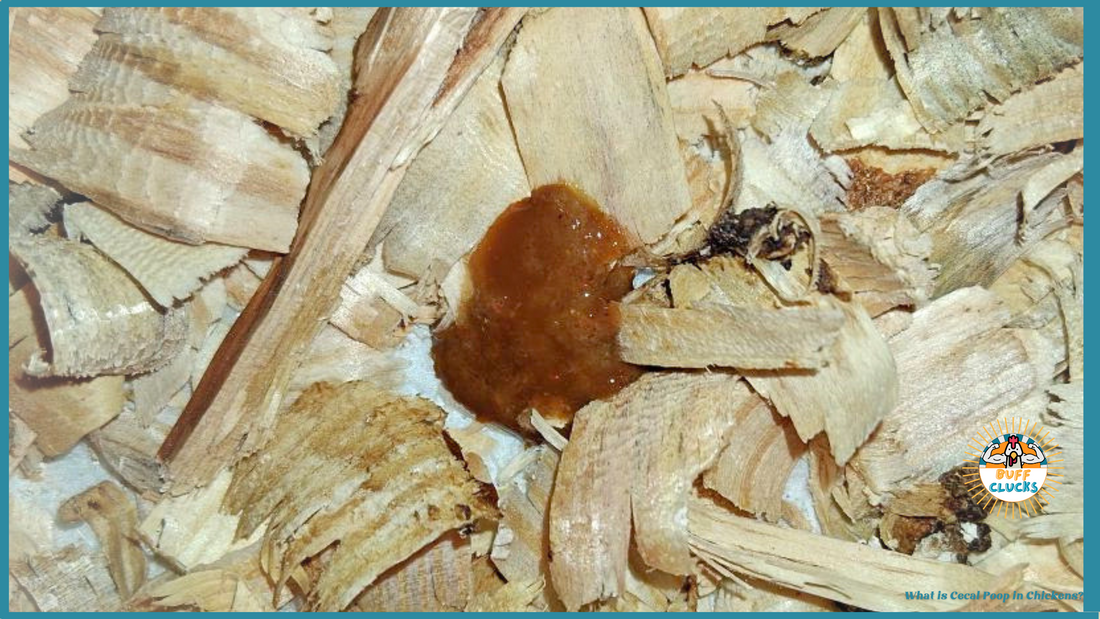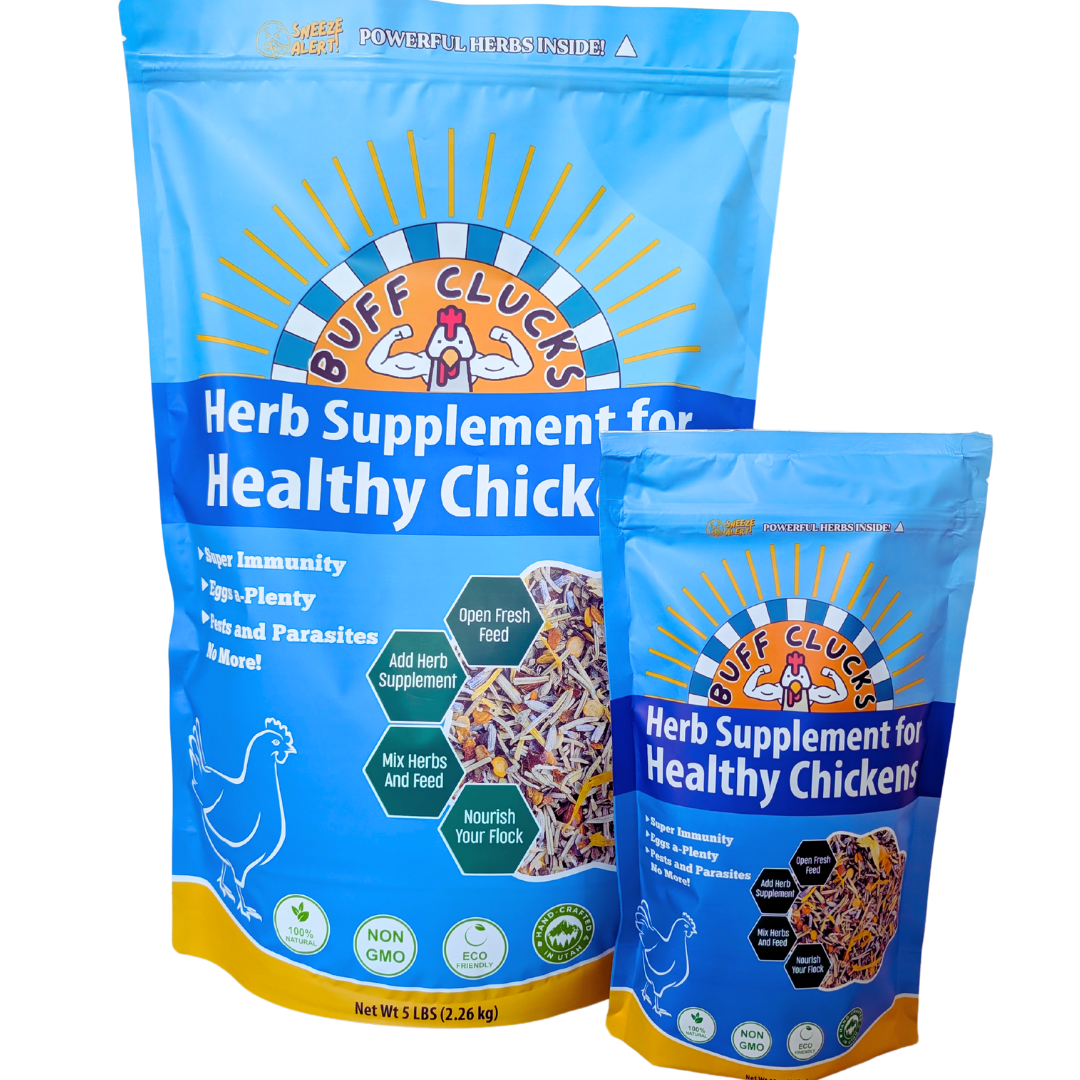
What is Cecal Poop in Chickens?
Cecal poop is a type of droppings that might look a bit different from your average chicken manure. In chickens, the digestive system is divided into two main sections: the small intestine and the ceca (yes, that’s the plural for cecum, which sounds like a fancy part of a spaceship but is actually a crucial digestive chamber).
While regular droppings come from the large intestine and are usually a uniform mix, cecal droppings are secreted separately. They often appear softer, sometimes with a more watery consistency and a distinct smell that can be surprisingly pungent.
Think of it as your chicken’s secret sauce, a natural part of their digestion process that helps in breaking down fibrous materials like plant matter. It’s the behind-the-scenes action in your coop that supports overall gut health and nutrient absorption. But why does your chicken produce this double act? Let’s break it down.
Why Chickens Produce Cecal Poop
The Role of the Cecum
The cecum acts as a fermentation chamber. Much like a compost pile in your backyard but with way more feathers, it’s where bacteria help digest fibers that the chicken's primary digestive tract can’t break down on its own. These friendly bacteria are essential for a healthy gut, converting indigestible components into vitamins and nutrients that keep your birds clucking with energy.
The result? Two types of waste:
-
Regular Droppings — Formed from the large intestine, mostly undigested food, and minerals.
-
Cecal Droppings — A by-product of fermentation, rich in microbial action
While these might look and smell different, both types of droppings serve a purpose. Cecal poop is a sign that your chicken’s digestive system is working its magic, maintaining the delicate balance needed for optimum health.

The Fun Side of Poop Science
Before you squirm at the thought of inspecting chicken poop, remember, in the world of backyard poultry, every little detail counts! Knowing about cecal droppings can help you better understand your flock’s overall health. A change in the consistency, amount, or odor of either type of droppings might indicate dietary issues or underlying health problems.
But fear not. Regular observation and a little coop love can keep things running smoother than a freshly laid egg. And speaking of love, let’s talk about how you can naturally support your chickens’ digestive health. Our lovely chickens thrive on a well-balanced diet, a clean coop, and a little help from nature’s own remedy cabinet.
For example, our Herb Supplement For Backyard Chickens is designed to boost digestion and overall vitality. Just a sprinkle mixed into their feed, and your flock will be clucking in delight at the natural goodness it provides.
When to Worry About Cecal Poop in Chickens (and When Not To)
Most of the time, a little cecal poop is nothing to get your tail feathers in a twist. However, excessive amounts, unusual color, or foul odor can sometimes signal a dietary imbalance or health issue. Here are a few signs to keep an eye on:
-
Diarrhea or Excess Moisture — Could indicate a sudden change in diet or stress.
-
Strange Colors — While variations are normal, a drastic color change might be a sign to consult your vet.
-
Overproduction — If your chicken is producing too much cecal droppings, it might be a sign that the fermentation process is off-kilter.
Keeping your coop spick and span and monitoring your birds' droppings is all part of being a savvy chicken keeper. Remember, knowledge is egg-sactly what you need to ensure your flock stays healthy and happy.

Natural Solutions to Maintain Digestive Harmony
Maintaining a balanced digestive system in chickens isn’t rocket science; it’s all about natural care and prevention. Here are some tips to help keep those double-duty droppings in check:
1. Feed a Balanced Diet for Healthy Cecal Poop
A well-rounded diet is the cornerstone of digestive health. Offer a mix of grains, vegetables, and occasional treats, and don’t forget your chickens’ love for insects (nature’s protein-packed snack).
Adding natural supplements like our AquaBoost—Water Supplement for Backyard Chickens can further help maintain optimal digestion. Just a dash in their water, and you’ll be ensuring that their gut is as happy as can be, hydration and digestion, all in one!
2. Maintain a Clean Coop
Good coop hygiene is non-negotiable. Regular cleaning of your coop reduces the buildup of bacteria and helps prevent the spread of diseases. A clean, dry environment supports natural fermentation processes while keeping unwanted pests at bay.
For an extra boost, consider using our CoopShield—Diatomaceous Earth and Herbs for Chickens. Not only does it help with moisture control, but the natural herbs in the blend also promote a healthy gut environment, ensuring that your flock’s digestive system remains in top-notch shape.
3. Use Natural Supplements For a Healthy Poop
Herbs aren’t just for seasoning your dinner; they’re also a chicken’s best ally! Natural herbal supplements like our Herb Supplement, CoopShield, and AquaBoost scattered throughout your daily routine can aid digestion, boost immunity, and even help balance the cecal environment.
Incorporating these into your chickens’ routine can mean the difference between a healthy digestive tract and a flustered flock. Whether you’re mixing them into their feed or dusting a little in their coop, these natural remedies add an extra layer of wellness to your bird’s diet.
Natural products support:
-
Digestive Health — A balanced gut means better nutrient absorption and overall vitality.
-
Immune Function — Strong, happy chickens are less likely to fall prey to diseases.
-
Eco-Friendly Practices — By avoiding chemicals, you're contributing to a cleaner, greener environment for all.
Embrace the Quirks of Chicken Life
In the world of backyard chickens, every detail counts, even something as seemingly trivial as cecal poop. Understanding the role and nature of these unique droppings can give you insight into the inner workings of your flock’s digestive system. It’s all part of the wild, wacky, and wonderfully natural journey of chicken keeping.
So next time you're peeking into the coop, don't just see manure—look for a sign that your chicken's digestive system is humming along nicely. And if you want to elevate your chicken care routine, remember that a little natural boost can go a long way in keeping your flock in top shape.
After all, when your chickens are happy and healthy, you’re rewarded with a bountiful supply of delicious eggs and plenty of fun, feathery antics to brighten your day. Cluck on, and may your coop always be as lively and vibrant as a freshly hatched chick!

























